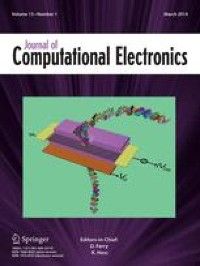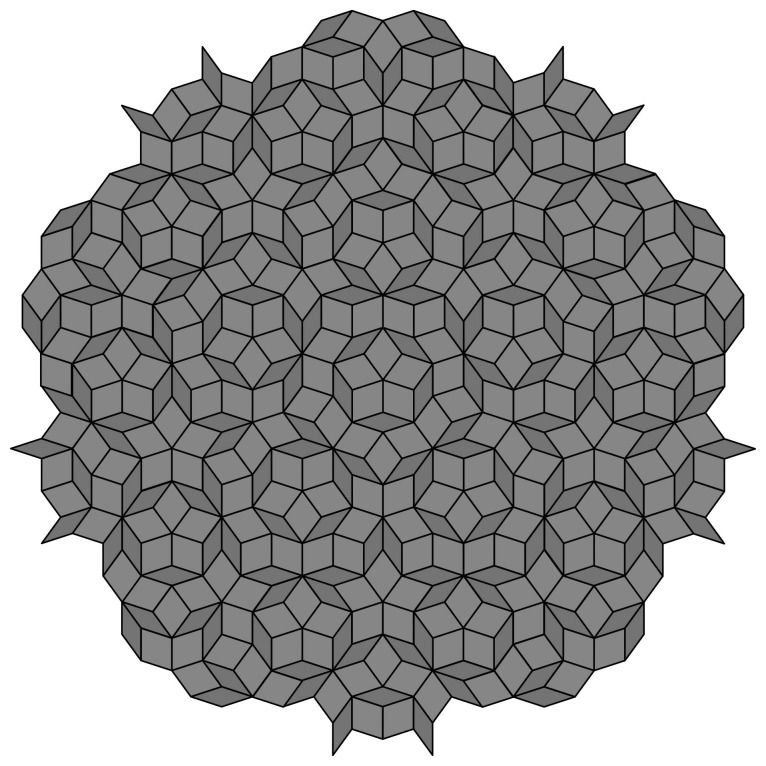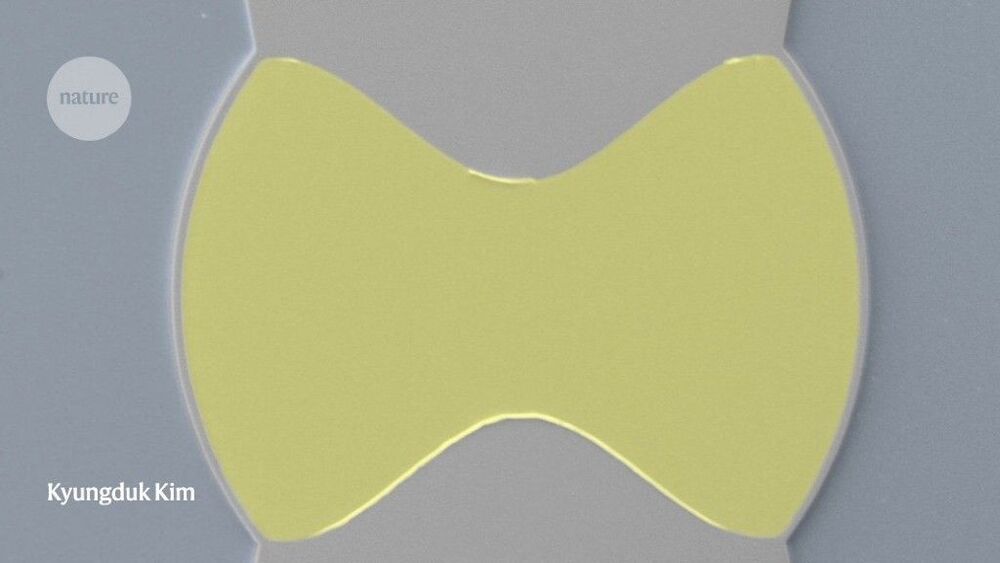New optical quantum computer overcomes previous limits, looks like a winner.


New optical quantum computer overcomes previous limits, looks like a winner.

While we cannot efficiently emulate quantum algorithms on classical architectures, we can move the weight of complexity from time to hardware resources. This paper describes a proposition of a universal and scalable quantum computer emulator, in which the FPGA hardware emulates the behavior of a real quantum system, capable of running quantum algorithms while maintaining their natural time complexity. The article also shows the proposed quantum emulator architecture, exposing a standard programming interface, and working results of an implementation of an exemplary quantum algorithm.


An innovative study has confirmed that quantum mechanics plays a role in biological processes and causes mutations in DNA.
Quantum biology is an emerging field of science, established in the 1920s, which looks at whether the subatomic world of quantum mechanics plays a role in living cells. Quantum mechanics is an interdisciplinary field by nature, bringing together nuclear physicists, biochemists and molecular biologists.
In a research paper published by the journal Physical Chemistry Chemical Physics, a team from Surrey’s Leverhulme Quantum Biology Doctoral Training Centre used state-of-the-art computer simulations and quantum mechanical methods to determine the role proton tunneling, a purely quantum phenomenon, plays in spontaneous mutations inside DNA.

Canadian startup Xanadu says their quantum computer is cloud-accessible, Python programmable, and ready to scale.
Quantum computers based on photons may have some advantages over electron-based machines, including operating at room temperature and not temperatures colder than that of deep space. Now, say scientists at quantum computing startup Xanadu, add one more advantage to the photon side of the ledger. Their photonic quantum computer, they say, could scale up to rival or even beat the fastest classical supercomputers—at least at some tasks.
Whereas conventional computers switch transistors either on or off to symbolize data as ones and zeroes, quantum computers use quantum bits or “qubits” that, because of the bizarre nature of quantum physics, can exist in a state known as superposition where they can act as both 1 and 0. This essentially lets each qubit perform multiple calculations at once.
The more qubits are quantum-mechanically connected entangled together, the more calculations they can simultaneously perform. A quantum computer with enough qubits could in theory achieve a “quantum advantage” enabling it to grapple with problems no classical computer could ever solve. For instance, a quantum computer with 300 mutually-entangled qubits could theoretically perform more calculations in an instant than there are atoms in the visible universe.

University of Chicago, Argonne scientists tame photon-magnon interactions In a first-of-its-kind discovery, researchers in the University of Chicago’s Pritzker School of Molecular Engineering and Argonne National Laboratory announced they can directly control the interactions between two types of q.


There is considerable debate over whether plants are conscious and this, indeed, is an important question. Here I look at developments in neuroscience, physics and mathematics that may impact on this question. Two major concomitants of consciousness in animals are microtubule function and electrical gamma wave synchrony. Both these factors may also play a role in plant consciousness. I show that plants possess aperiodic quasicrystal structures composed of ribosomes that may enable quantum computing, which has been suggested to lie at the core of animal consciousness. Finally I look at whether a microtubule fractal suggests that electric current plays a part in conventional neurocomputing processes in plants.


Pharma giants and computing titans increasingly partnering on quantum computing.
Theoretically, quantum computers can prove more powerful than any supercomputer. And recent moves from computer giants such as Google and pharmaceutical titans such as Roche now suggest drug discovery might prove to be quantum computing’s first killer app.